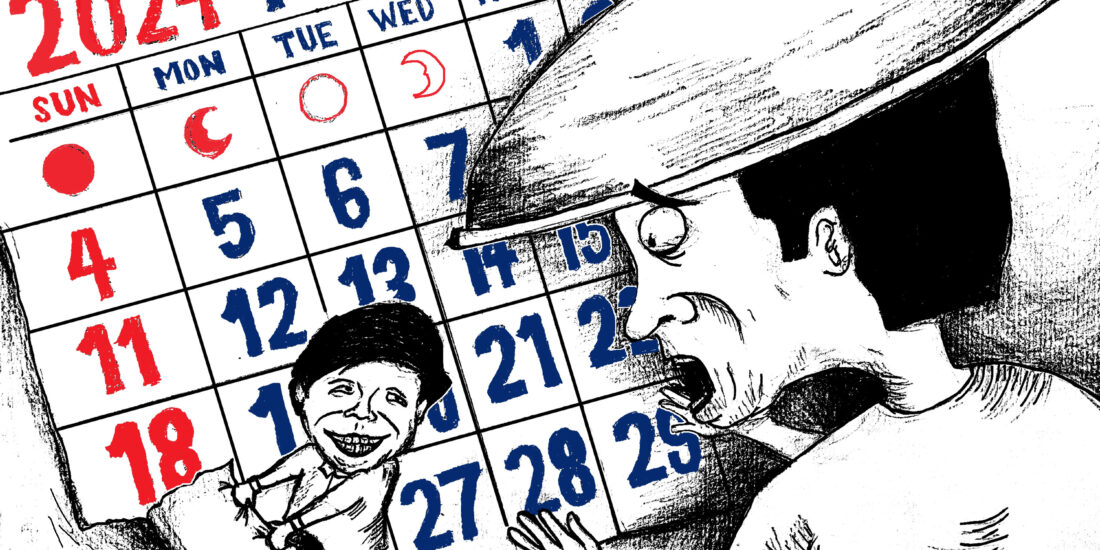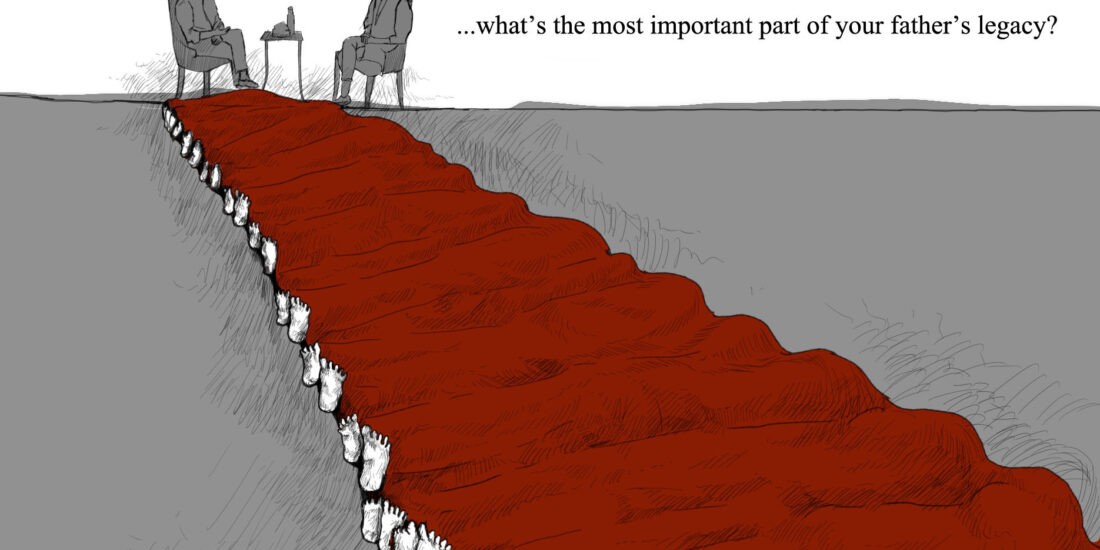On Mindanao: Chaos theory
The expected happened—extension of Mindanao martial law until the end of the year was granted by the Supreme Court.
The war resumes until now and after the President’s second State of the Nation Address (SONA), protests and opinions rage on in the streets—a bitter consequence for decades of denial.
Chaos theory has been proven.
***
At the root of the conflict in Mindanao stands the decades-long prejudice that Muslims have faced. From the 300-year colonization of the Spaniards who took over the Muslim sultanates, to the American period when Mindanao was forced to join the Philippines as a state, and finally to the present time, the conflict has morphed into an elaborate maze of political, economic, social, and religious clashes. Truth is, many Filipinos still don’t have a clue over what’s really happening in the southernmost part of the country—and that’s where the problem begins. The country has avoided the crisis for so long that instant alternatives such as martial law are once again what we resort to.
Marawi served as a gruesome wake-up call, a wake-up call that should have been set off a long time ago.
In comes chaos theory—a concept that has become all too real. All the seemingly random occurrences involving Mindanao have been closing in on something big eventually happening— Marawi. Each time we give in to not caring enough or not doing enough, the higher the possibility of the worst turning into reality right under our noses—and it already has.
Marawi served as a gruesome wake-up call, a wake-up call that should have been set off a long time ago. When former Presidents Gloria Macapagal-Arroyo and Benigno Aquino III respectively implemented a weeklong martial law and held an informal peaceful talk with MILF chair Al Haj Murad Ibrahim, it caught our attention once but never again.
Chaos theory set into motion—a cheek turned, a short-term solution executed, and then Marawi happened. No matter how we twist how it happened, compassion without dedication will never yield a solution. Not only does it generate false hope, but it created distrust among Mindanao and ourselves. And that’s why it feels as if Mindanao has become closed off, as they’ve grown independent from our half-hearted solutions and utter exclusivity—with the invisible border separating “us” from “them”. Being inclusive means taking responsibility. Being inclusive shows that we not only know, but understand. And that’s something that we’ve never done enough of—not until a certain iron-fisted Davaoeño had to remind us.
Compassion without dedication will never yield a solution.
President Duterte isn’t entirely wrong in his intentions, but—as many instances with his administration—his execution is up for debate; debates that can easily burn into anger and impassioned rallies. He even went as far as unapologetically saying that “…martial law is the only way to quell us from rebellion” during his second SONA. But the thing is, he’s been there; he knows that Mindanao has become the playground for warfare and destruction. And there’s no denying his understanding given his past connection with the National Democratic Front of the Philippines (NDFP).
Theory has become law.
***
Despite all of this, Mindanao children are still born into battle and the people are all too familiar with the cold shoulder of people up north. As citizens looking from the outside, this is something we can’t comprehend deeply enough until we realize that things are more personal than what news stations can report and textbooks can state. Good intentions can only get us so far if we don’t understand things in their context. We must realize that the more we shout from our side, the less we get to hear from theirs.
We’ve made our bed, and now we need to lie in it.
When we get down to it, amidst the rallies and social justice debates on Twitter, we’re not at the center of this siege—nor should we ever be. To play the “uneducated, brainwashed” card is a grave insult to what the Mindanaoans have had to endure—and just how little we’re willing to understand them. And now, they’ve become embroiled in the national power struggle over martial law for something we failed to fix in time.
We’ve made our bed, and now we need to lie in it. This isn’t about trying to sound righteous or continue the never-ending debate on martial law, but in realizing that we will—and do—regret our inaction—past and present—the most.
After all, how could we have let it get this far?





